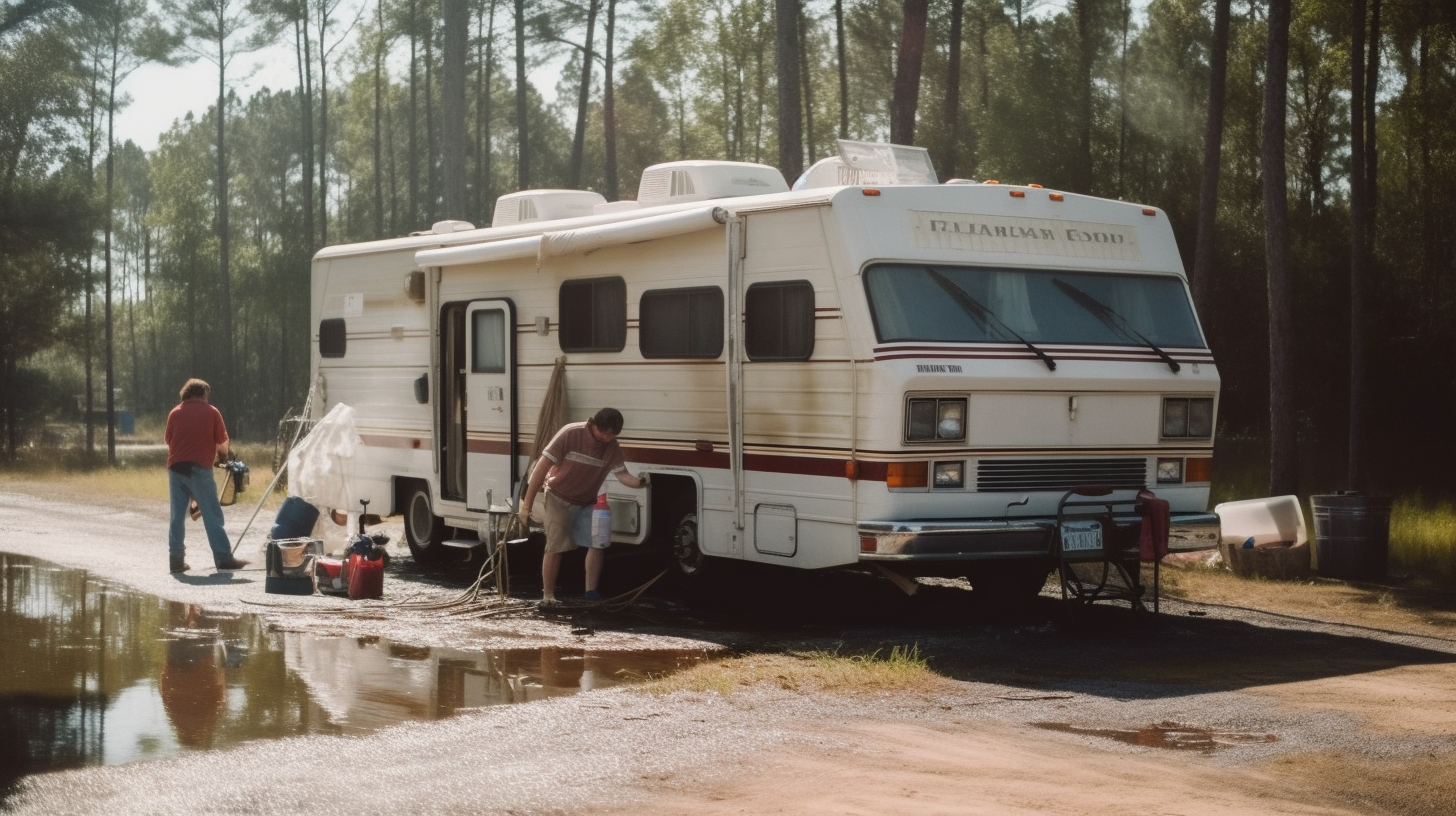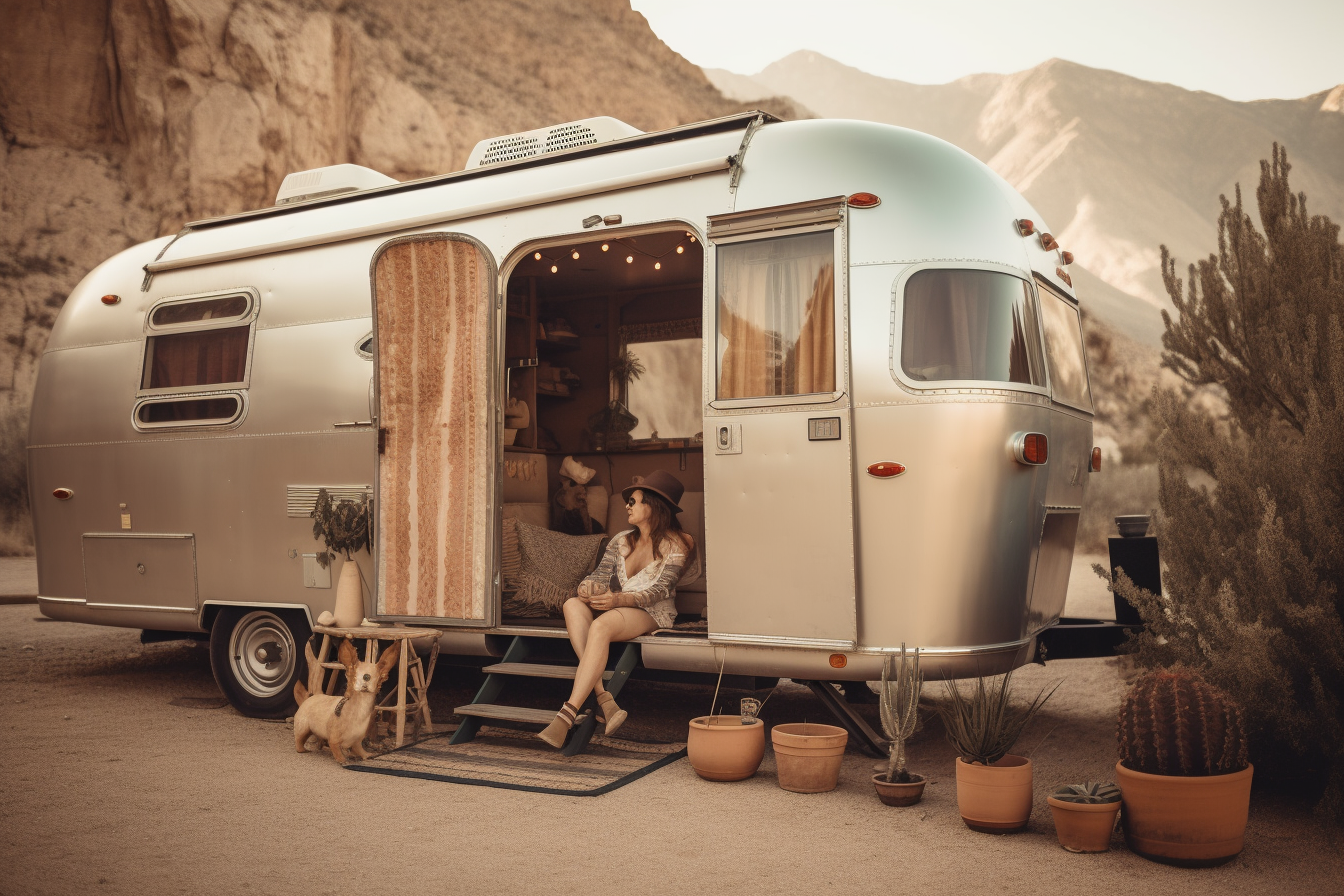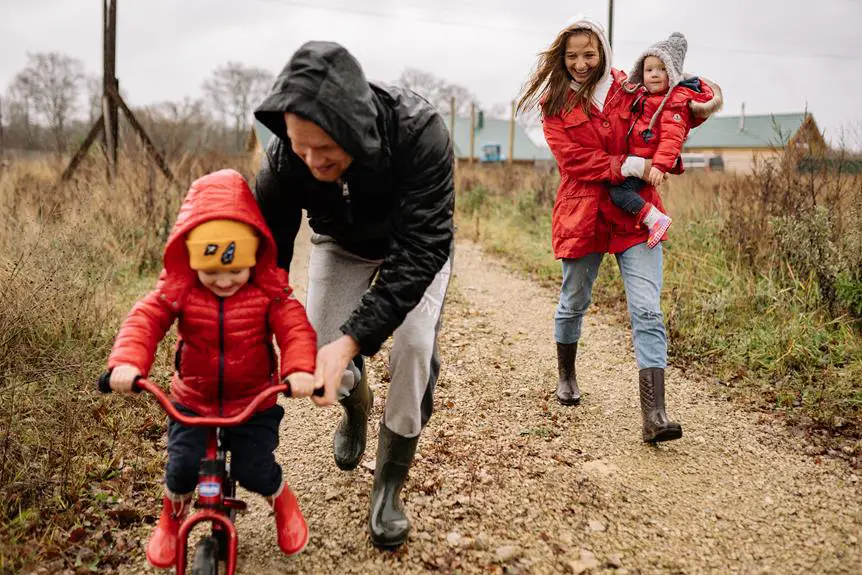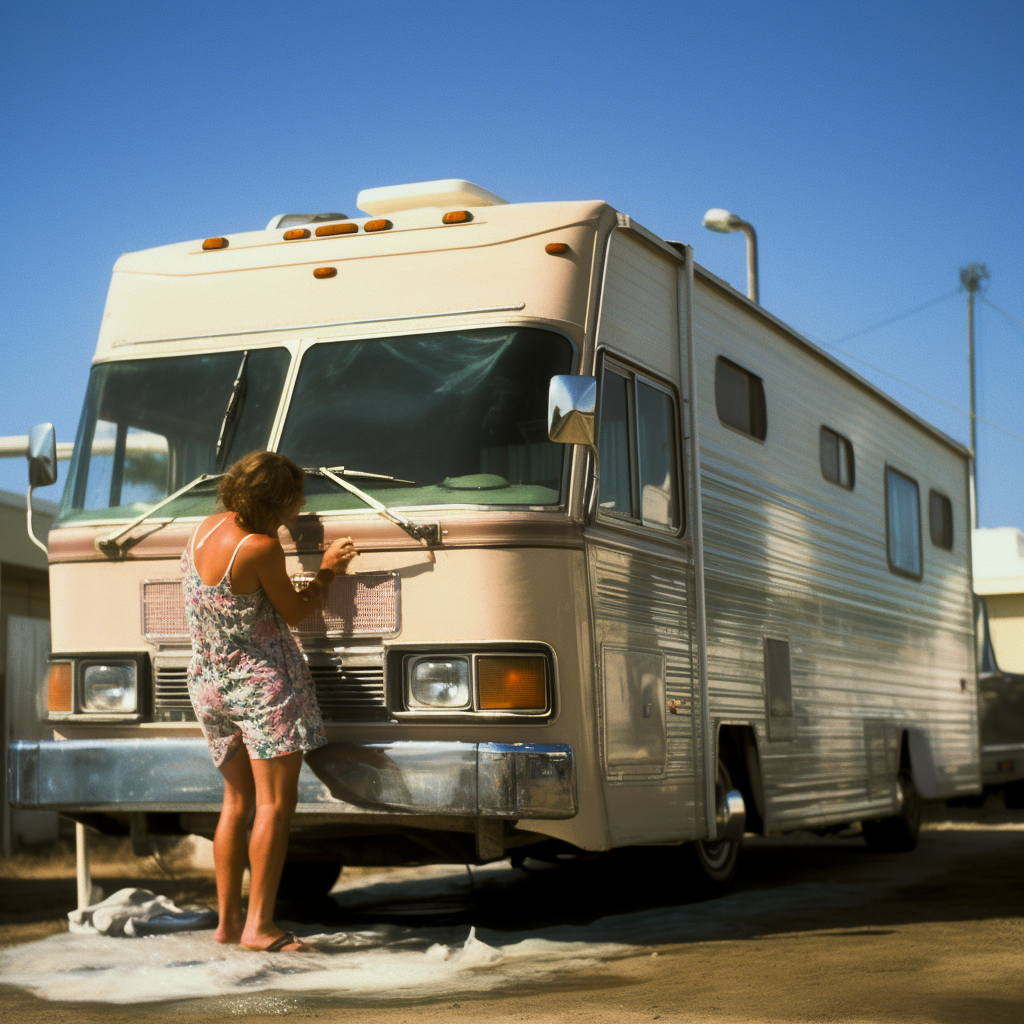
RV Cleaning Tips: How to Clean AN RV Inside and Out
RVs, also known as recreational vehicles, provide a wonderful opportunity to travel and explore the great outdoors while enjoying the comforts of home. However, keeping your RV clean and well-maintained is essential for an enjoyable and stress-free experience. In this article, we will provide you with expert RV cleaning tips to help you keep your…







